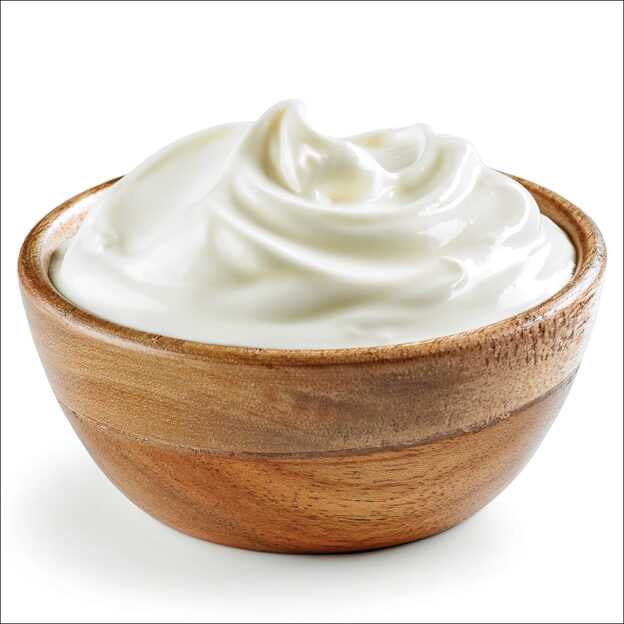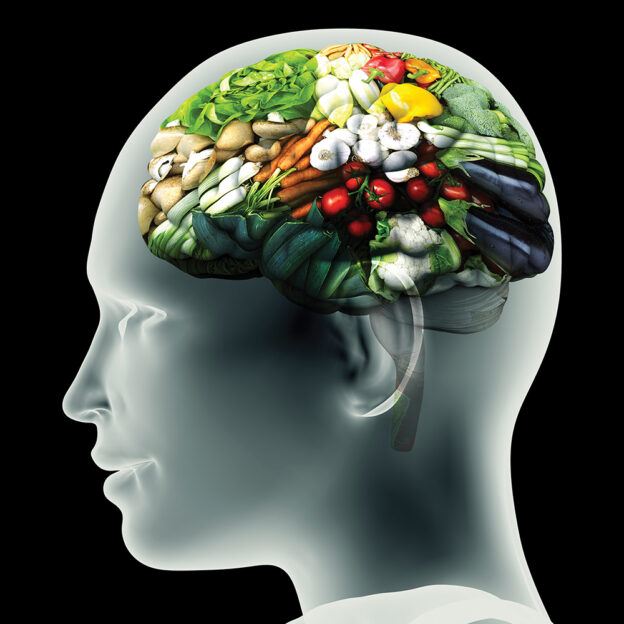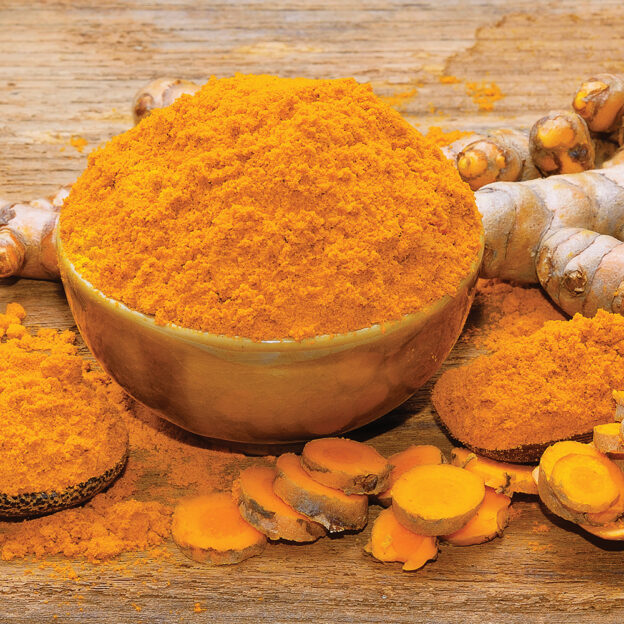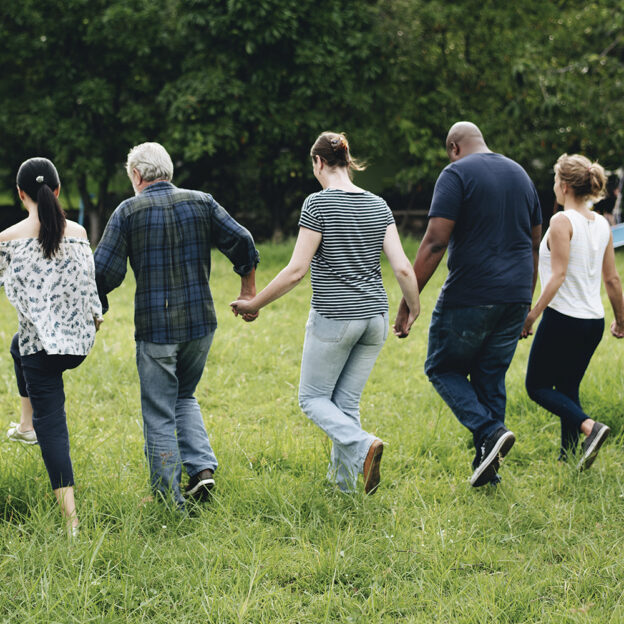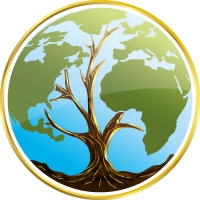
All of us have experienced stress. Although some stress is necessary for our survival, and life would be extremely boring and probably not worth living if we never had a challenge, many people have allowed stress to take over their lives, and it may ultimately take its toll in the form of disease and early death.
Stress is defined as a state of physical or psychological strain, pressure and tension. How we humans respond and adapt to stress is key to successfully dealing with it. Chronic, ongoing, unrelenting stress will eventually cause collapse and death.
Stress causes stimulation of the primitive center of the brain and the “fight-or-flight” (term originally coined by Walter B Cannon, a clinical researcher in psychosomatic medicine) syndrome kicks in. Respiration and heart rate go up; eyes dilate; muscle tension increases; the body is flooded with hormones, salts and sugars to increase strength and endurance; and blood supply is diverted and increased to the vital organs to prevent bleeding and bruising of the skin. All of us have heard stories of people who have performed feats of superhuman strength when faced with danger or a crisis. In primitive man, fight-or-flight meant readiness to either defend oneself against a predatory animal or run away to safety, whichever was deemed necessary. Today, there are people who are in this state from dusk to dawn.
The state of alarm and readiness for real, imagined, or anticipated stress keeps the switch turned on for fight-or-flight, and body functions break down, resulting in a withered thymus gland, diseased adrenals, bleeding ulcers, etc. High blood pressure, insomnia, nervousness, anxiety and depression are also associated with stress.
Although stress is accepted as natural “wear and tear” of life, prolonged stress or multiple stressors can accelerate its destructive effects. Some people even become intoxicated by and addicted to their own stress hormones. They usually participate in thrill-seeking behavior or have high-stress professions. They actually do not feel “normal” unless in a relatively constant state of stress and excitement. Sleep, rest and relaxation are necessary for a healthy life. Relaxation does not necessarily mean play, because play can become competitive and be taken too seriously. We need to listen to our bodies and acknowledge if we are not getting enough rest, if we are getting too keyed up, and if we are feeling on edge or tense.
Herbs can be very effective in minimizing the effect of stress in our lives. Other conscious steps such as quiet relaxation, meditation, aromatherapy and deep abdominal breathing can also bring about permanent changes in how we deal with stress.
The goal in using herbs to alleviate the anxiety and nervousness due to stress is not only to sedate, but also to help the body adapt to ongoing stress. When treating patients, I usually give combination formulas, depending on the individual situation.
Here are some of the herbs I use:
Passionflower (Passiflora incarnata)
This plant was named by Spanish explorers who noted its unusual and elaborate structure. But passionflower is a very effective hypnotic sedative and relaxing nervine. Its active constituents include alkaloids, flavonoids, some sterols and sugars. It is an antispasmodic, relaxing tense muscles, and it promotes relaxation of blood vessels as well, so it has some blood-pressure-lowering effects. It also has been shown to have anti-inflammatory and pain-relieving properties. It is indicated for restlessness, agitation, panic attacks, exhaustion and muscle twitches.
It can be taken in all traditional forms—tea, capsules, tinctures, tablets, etc.—and in combination with other herbs for specific effects. Up to 1,000 mg per day is safe, preferably in divided doses. For example, a 200 mg tablet or capsule can be taken three times a day, with a sleep-inducing dose of two before bed.
Valerian root (Valeriana officinalis)
Valerian has a very distinct aroma. Some cats will react to it as if it were catnip. Also highly sedative, valerian is ideal for heart palpitations and arrhythmias due to stress, hysteria and restlessness, and has even been shown to be effective in treating ADD and ADHD. It also relieves mental strain, headache and stomach cramps, especially those related to stress.
Caution: Animal studies have shown that valerian has an augmenting effect when used in combination with barbiturates or benzodiazepines. Therefore, do not take this herb if you are taking Xanax, Valium, Librium or Klonopin for anxiety. However, if you have stopped taking these drugs and wish to try valerian root as a natural substitute, you may safely do so. Because of its sedative effect, it is best not to drive or operate machinery when taking valerian, but for sleep induction, it is ideal. Ten to sixty drops of 1:1 fluid extract up to four times a day is safe, as is up to 1,000 mg in divided doses of capsules or tablets, or drops taken 1/2 hour before bedtime.
Lemon balm (Melissa officinalis)
This herb has a wonderful lemony fragrance and curly, green, waxy leaves, and it graces many gardens as an ornamental plant. But lemon balm deserves its place among the potent nervines, and it might be growing right in your garden! If you pick a leaf and then crush it with your fingertips and smell it, you have just instantly given yourself some medicine via the olfactory nerve, which directly connects the sense of smell with the brain. The main constituents of lemon balm are essential oils, flavones, resin and bitter principles. You can chew the leaves, put them in your salad, make a tea with fresh or dried leaves, or take it in the form of tincture, capsules or tablets.
This herb is becoming more popular as a topical treatment for herpes, but as a nervine, it has some additional actions. Besides being effective against nervousness and insomnia, it is especially effective in relieving indigestion and nervous gastric complaints, chronic bronchial congestion, headaches and high blood pressure, and seems to have a dual effect against both anxiety and depression. Of course, if you have been diagnosed with severe depression, you should be under the care of a doctor and inform him or her about any herb use. For tea, pour a cup of boiling water over two to three teaspoons of dried herb, and let steep for 15 minutes. Drink a cup in the morning and evening or as needed. Tincture dosage is 2-6 ml three or four times a day. Up to 500 mg of lemon balm in the form of capsules or tablets is safe. There is no toxicity associated with lemon balm.
Kava kava root (Piper methysticum)
This is by far the best anti-anxiety herb. Its chief constituents are resin and flavones. Not only is kava a sedative, hypnotic, muscle relaxant, analgesic and local anesthetic, it actually enhances cognitive ability and emotional disposition without causing drowsiness. Alcohol should be avoided if taking kava, as it can potentiate the sedative and hypnotic effect of the herb and increase its toxicity. Caution should be taken with the elderly and those with Parkinson’s disease, as kava is a potential dopamine antagonist.
Since there have been some reports of liver toxicity from Europe, it may be prudent to avoid the use of kava if you have liver problems, or if there is any doubt in your mind whether you should take it or not. A safe dosage of kava is as follows:1.5-3 g a day of dried root, chewed or in tea; 3-6 ml per day of 1:2 liquid extract; standardized preparations containing 100-200 mg kavalactones per day; kava tablets (1.2-1.8 g, standardized to contain 60 mg kavalactones): one tablet two to four times per day.
Siberian ginseng (Eleutherococcus senticosus)
Siberian ginseng is considered one of the best tonics and adaptogens. It helps the body adapt to and counteract stress and is indicated for fatigue, lack of stamina, poor concentration, tendency for repeated infections, or debility, or during convalescence. The chemistry of Siberian ginseng is complex, but the active constituents are glycans, saponins and the eleutherosides. This species of ginseng does not appear to increase blood pressure significantly, even with pre-existing hypertension. Safe dosages are 1-4 g daily, or 2-9 ml per day of a 1:2 extract; tablets, containing 1.25 g standardized to contain 0.7 mg eleutherocide E can be taken up to three times per day. It is also suggested to pulse the duration of use—for example, a course of six weeks followed by a two-week break.
Some other herbs to consider for anxiety and stress are California poppy, chamomile, skullcap, catnip and my old favorite, oats, in the form of oatmeal and oat straw tea. []
Eva Urbaniak, ND, is a licensed naturopathic physician and author of two books, Healing Your Prostate: Natural Cures That Work and Natural Healing for Headaches. For more information about Dr Eva and her work, see http://www.docevaonline.com.

